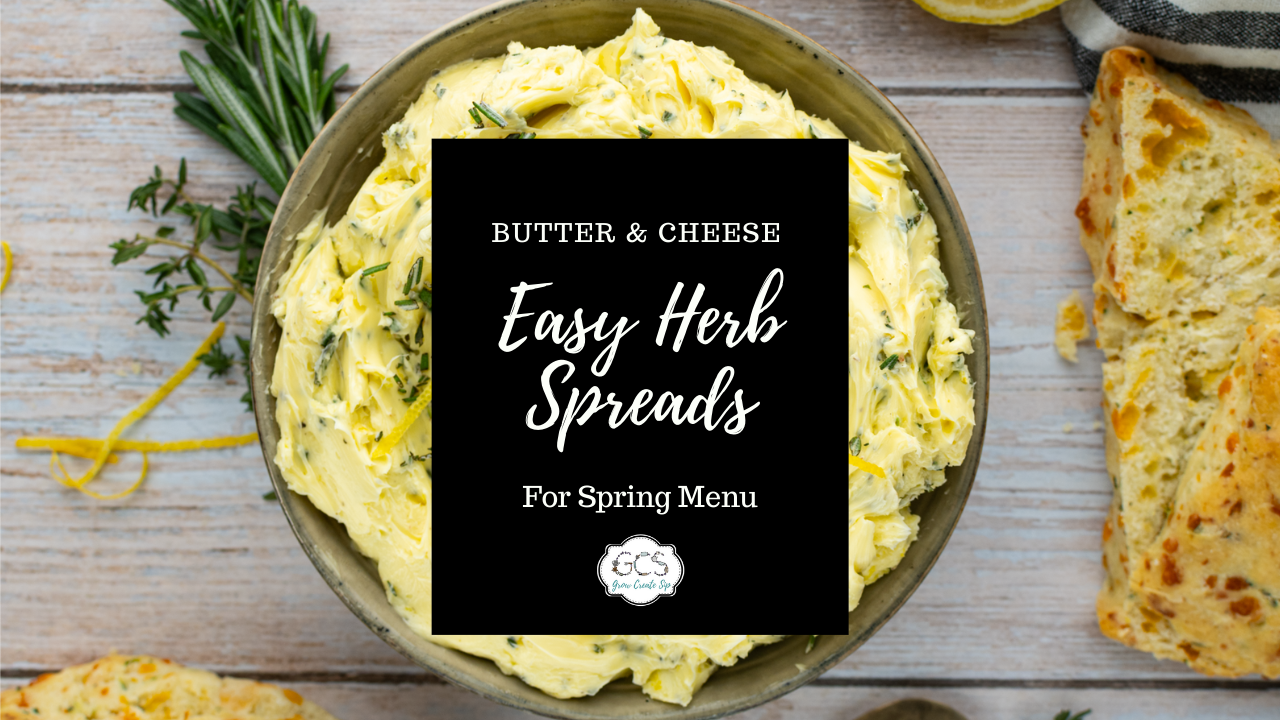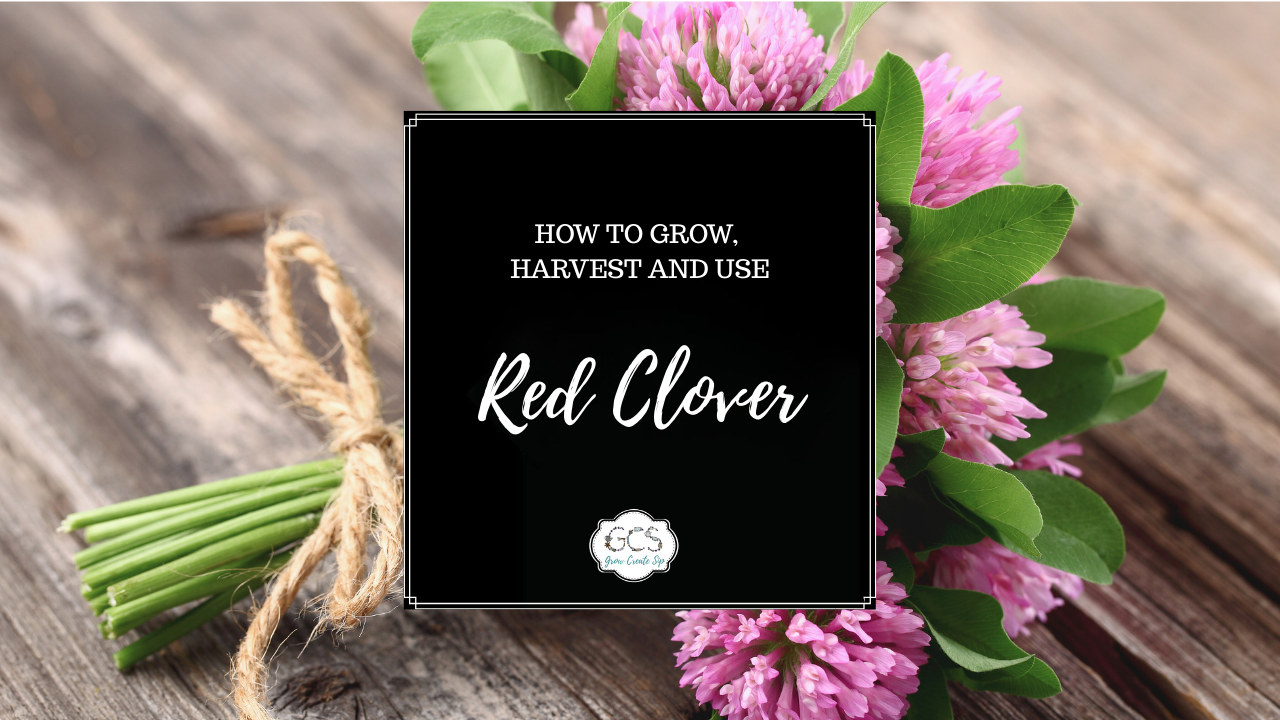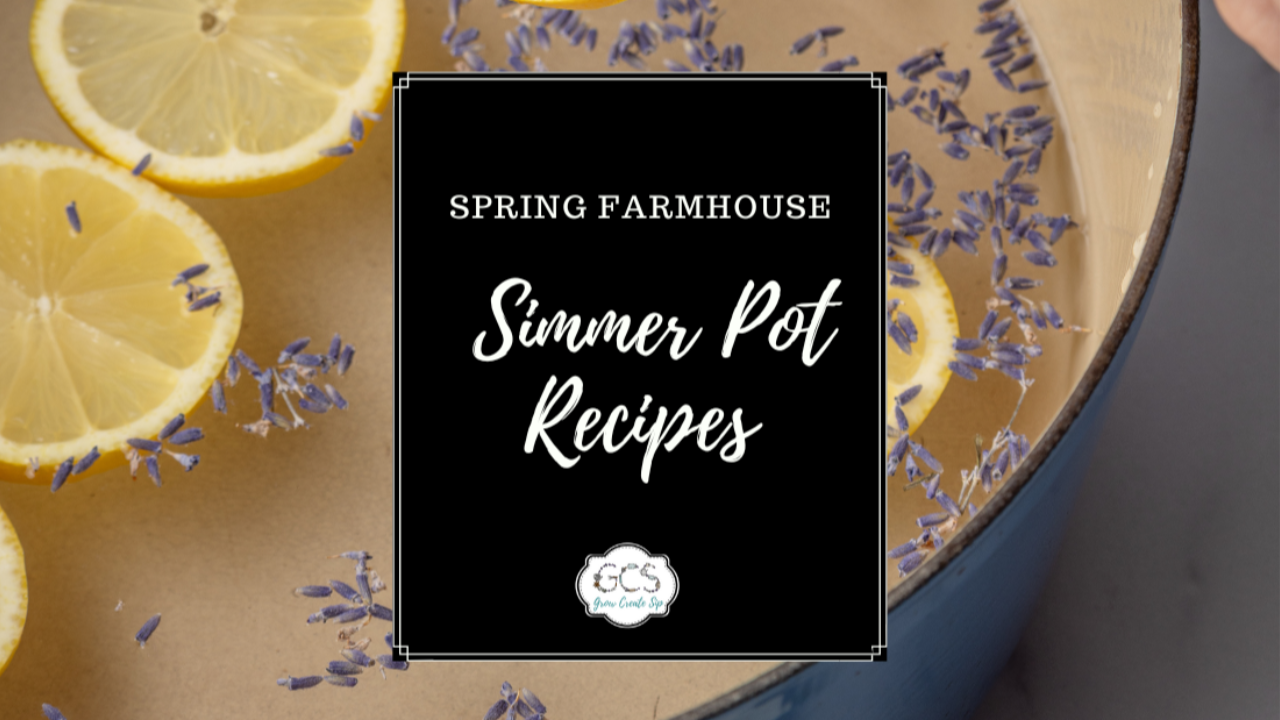All About Herbal Tea: Benefits & Best Types to Drink
Dec 16, 2024
There’s a reason why people have been enjoying herbal tea for centuries. Not only do most blends taste wonderful, but herbal teas also offer so many health benefits. Choose between brews that calm and soothe or ones that may help strengthen your immune system.
If you can think of a pain, issue, or symptom that’s been bothering you, there’s most likely an herbal blend that can help!
Discover our comprehensive overview of herbal teas, including its numerous health benefits and the best herbal tea to drink! Explore how to create a delicious herbal tea blend and how to brew the perfect cuppa. You'll also learn about the best herbal teas, from the soothing properties of chamomile tea to energizing mint tea and the immune system-boosting power of hibiscus tea, among others.

The Legal Stuff
This blog is provided by St. Fiacre's Farm LLC for informational purposes only. It does not constitute medical advice, and you should always seek the advice of a qualified healthcare provider for any medical questions or concerns. Please note that we may earn a small commission on any purchases you make through our affiliate links, at no additional cost to you. Thank you for your support!
What is Herbal Tea?
Before we jump in, it’s important to differentiate between herbal teas and traditional ones.
Unlike traditional tea, which is made from the leaves of the Camellia sinensis plant, herbal varieties are brewed from several parts of plants, including leaves, flowers, roots, and berries. These are dried and steeped in hot water to release their flavors and healing properties. Herbal teas are properly called tisanes.

Benefits of Drinking Herbal Tea
With their health benefits, these all-natural teas are a blessing for both your mind and body! Here are just a few you can expect:
- Improved digestion: Herbal blends made with peppermint and ginger are the best options to soothe digestive issues like bloating, gas, and indigestion (Source & Source).
- Boosted immunity: Certain herbal blends, including chamomile and elderberry, contain antioxidants that could help strengthen the immune system and protect against illness (Source & Source).
- Reduced stress and anxiety: Teas like chamomile and lavender have calming properties that may help reduce stress and anxiety and promote better sleep (Source & Source).
- Lowered blood pressure: Some other options, such as hibiscus, may help lower blood pressure and reduce the risk of heart disease (Source).
- Improved skin health: Certain varieties, like chamomile, contain antioxidants that can help protect the skin from damage caused by free radicals (Source).

The Best Herbal Teas to Drink
There is an incredible amount of herbal options to choose from! It can feel overwhelming if you’re not sure where to begin. You’ll find some of our personal favorites, as well as the most popular and beneficial teas, below.
Mint
Mint tea is most well-known for its refreshing flavor, but it also offers several medicinal benefits! It may aid digestion by soothing your digestive tract and relieving symptoms like bloating and gas. This is a fabulous herbal tea for respiratory issues, like congestion and cough. Some studies suggest that mint tea may even have pain-relieving properties for things like headaches and migraines.
Chamomile
Present in almost every store-bought “sleepy time tea” blend, chamomile is widely recognized for its calming and soothing effects. Chamomile tea could reduce anxiety and promote a better night’s sleep too. This herb also has anti-inflammatory properties, which may support skin health and reduce inflammation throughout the body. It also another herbal tea to have on hand for digestive distress.
Hibiscus
Hibiscus tea has become even more popular recently, showing up in coffeeshop iced teas, energy drinks, and more. It boasts a natural bright red color and tart flavor and is known for its potential to lower blood pressure and improve heart health. It’s also rich in antioxidants, which may help protect cells from damage caused by free radicals.
Rooibos
Rooibos is a preferred caffeine-free tea options for the morning! This South African herbal tea is also packed with antioxidants and could aid digestion, boost energy levels, and promote healthy skin. Rooibos tea may also have anti-inflammatory properties.
Lavender
Another herb known for its calming effects, lavender is renowned for helping with relaxation. It can be helpful for folks with stress, anxiety, and insomnia, and lavender tea in particular, could help improve sleep quality. It may also have antimicrobial properties, which can benefit your skin by reducing inflammation.
Ginger
Ginger tea is particularly effective for digestive issues like nausea, vomiting, and indigestion. Its anti-inflammatory properties may help reduce muscle pain, arthritis pain, and menstrual cramps. Ginger tea could help boost immunity too — and some studies suggest that ginger may also have antioxidant properties, which can help protect your cells from damage.
Turmeric
Turmeric tea, made from the “golden spice” turmeric, is a powerful anti-inflammatory. It could help reduce joint pain, improve brain function, and boost immunity. Curcumin, the active compound in turmeric, has been studied for its potential to prevent and treat various diseases.
Licorice root
Finally, licorice root tea has been shown to potentially soothe sore throats, reduce inflammation, and support adrenal health. That said, it’s important to go easy with licorice root. Consuming too much could lead to side effects, and it may interact with certain medications. Check with your preferred healthcare professional before making consumption a habit.

Homegrown vs. Store-Bought Herbal Teas
One of our favorite parts of drinking tea made from herbs is the option to grow our own! Homegrown herbs give you more control over quality and freshness — and you won’t have to worry about harmful pesticides. Growing your own herbs for tea does require some effort, but it’s worth it!
That said, we know that not everyone has the time, space (so important), or energy for an herb garden. In that case, it’s very important to choose a reliable source. Look for reputable brands that prioritize organic and sustainably sourced ingredients — even better if they grow their own! As always, read labels carefully to avoid additives, artificial flavors, and pesticides.

Best Herbal Tea to Make at Home
It should come as no surprise, but we love creating our own tea blends too. Crafting your own blends allows you to tailor the taste (and which benefits you want to focus on) to your preferences.
Here are some ideas to inspire you:
- Calming: Combine chamomile, lavender, and valerian root for a soothing and relaxing tea.
- Energizing: Blend peppermint, ginger, and lemon for something more refreshing and invigorating.
- Digestion: Combine fennel, anise, and peppermint to aid digestion and relieve bloating.
- Immunity boost: Blend elderberry, ginger, and lemon for a powerful immune-boosting cuppa tea.
How to Brew the Perfect Cup
Like coffee, brewing the perfect cup of tea is somewhat of an art form! When making yours, don’t forget to:
- Use high-quality water: Fresh, filtered water is ideal.
- Choose the right water temperature: Most herbal options need water that's just off the boil.
- Use the appropriate steeping time: Steeping time varies depending on the type of herb. Generally, a 5-7 minutes is enough.
- Strain: Use a fine-mesh strainer to remove any loose herbs and leaves.
- Add sweeteners and milk: If you’d like, add honey, maple syrup, or milk to your tea.

Best Herbal Tea Frequently Asked Questions
What’s the difference between herbal tea and regular tea?
The key difference is their origin. Regular tea comes from the Camellia sinensis plant, while herb tea is made with leaves, flowers, and roots. Both types are steeped in hot water to release their flavors and potential health benefits, but herbal blends are generally caffeine-free while regular teas often contain caffeine.
Is green tea an herbal tea?
No, green tea is not considered herbal. It is a type of “true tea,” taken from the Camellia sinensis plant. While it’s more similar in flavor to herbal ones than, say, black tea, green tea contains caffeine and other compounds that are specific to the Camellia sinensis plant.
Who should not drink herbal tea?
While tea made from herbs is generally safe, pregnant women, nursing mamas, and folks with certain medical conditions should always consult with their healthcare provider before consuming it. Some herbs may interact with medications too, so it's important to be aware of potential drug interactions.

Steep’n it All Together
Herbal teas are a fun and healthy way to elevate your daily routine. Each one boasts its own specific health benefits — whether you need something to help you relax, improve your digestion, or boost your immune system, there’s a tea that could help!
Interested in learning how to make your own tea blends? Check out our FREE Tea Blending Workshop! You won’t want to miss our FREE Tea Steeping 101 Guide too.
Read more about Herbal Teas
- Acid Reflux Remedies & Fennel Tea for Digestion
- Caffeine Free & AIP Teas
- 6 Tips for Growing an Herbal Tea Garden
- Allergy-Fighting Tea Recipe
- How to Make Your Own Tea Blends
- Could tea help you lose weight?














